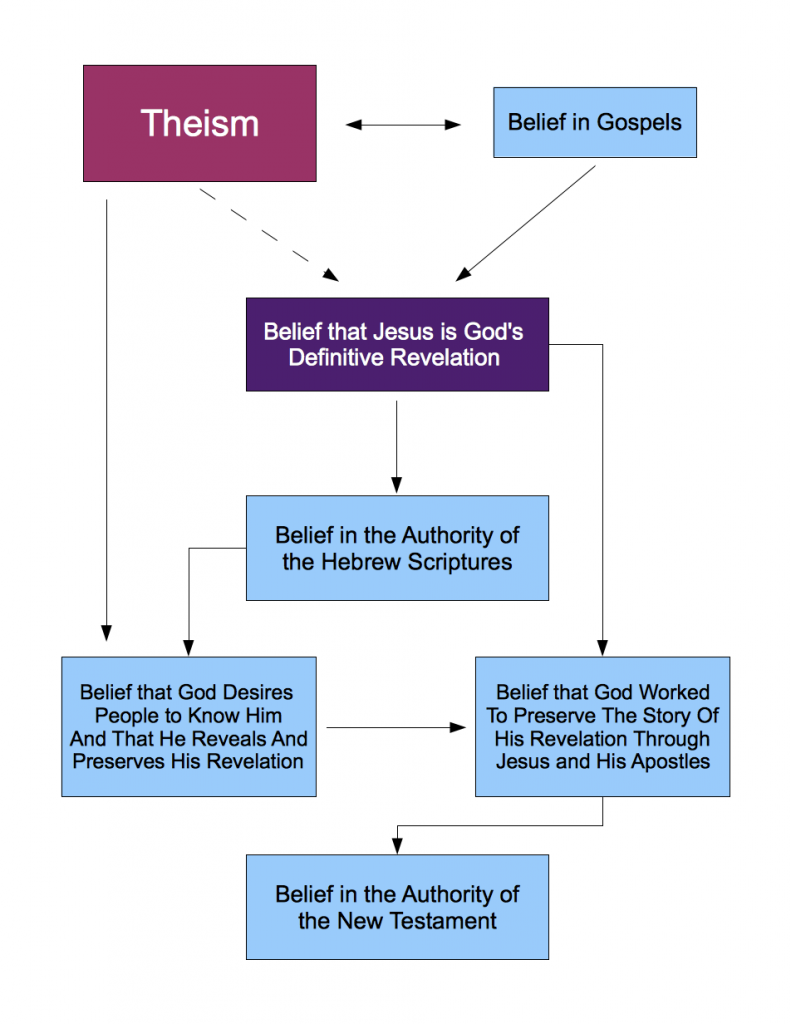We begin our journey with the Old Testament. The exact books that make up the Old Testament vary among Christian denominations with some including only the books found in the canonical Hebrew Bible of Judaism and others also including all or some of the deuterocanonical (second canonical) books which consist of Jewish writings that were included in the Septuagint which is the Koine Greek translation of the Hebrew Bible that was translated in stages between the 3rd and 2nd Centuries BC in Alexandria. The nature of these books was in dispute in the early Church, and they are not considered canonical in Judaism although they were read by the Jews and some passages from them are cited in the New Testament. When I first read the Bible, I read an NIV copy, which, being a modern Protestant translation, did not include the deuterocanonical books. During this study, I will include these books seeing as they are available with the WEB translation and I think it will be interesting to encounter these works regardless of their canonical status.
The first five books of the Old Testament (Genesis, Exodus, Leviticus, Numbers, and Deuteronomy) are known as the Pentateuch or the Torah which is Hebrew for “law”, “teaching”, or “instruction”. According to Jewish religious tradition, the Torah was authored by the Hebrew prophet Moses. In addition, the Torah itself and later books of the Bible including the Gospels attest to the Torah as being the work of Moses. When it is said that Moses wrote the Torah, the claim is that Moses was the primary author, but that he likely drew upon existing materials when writing the portions that predate his life and that later editors added some expository material such as the recording of the death of Moses and helpful annotations that provide updated names of peoples and places so that later Jewish readers during the time of the Jewish Kingdom and the Babylonian Exile could understand archaic references.
